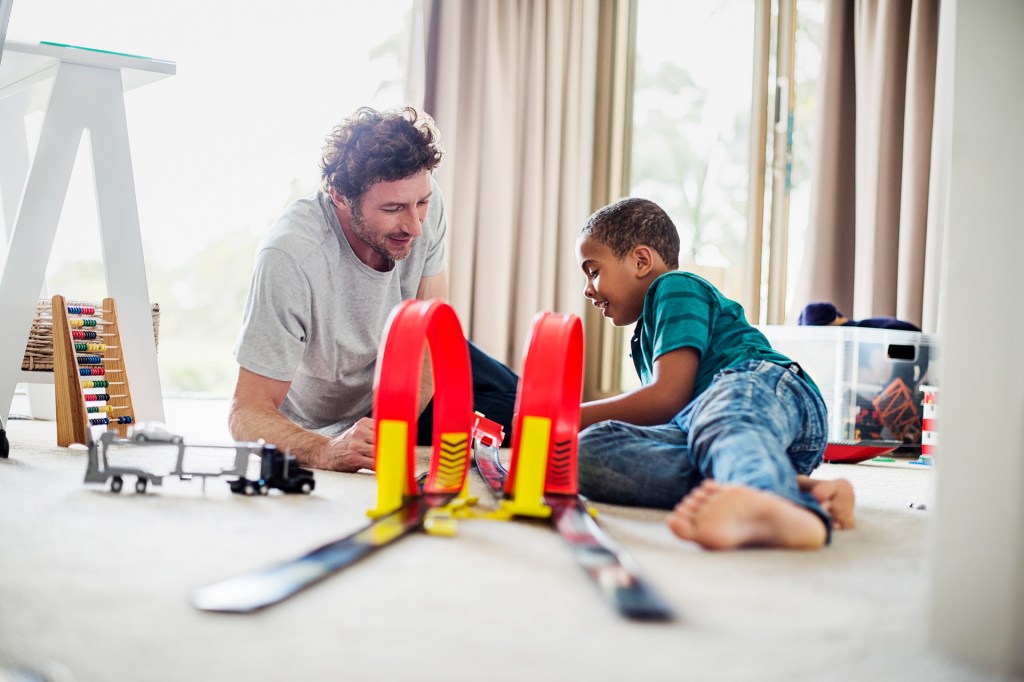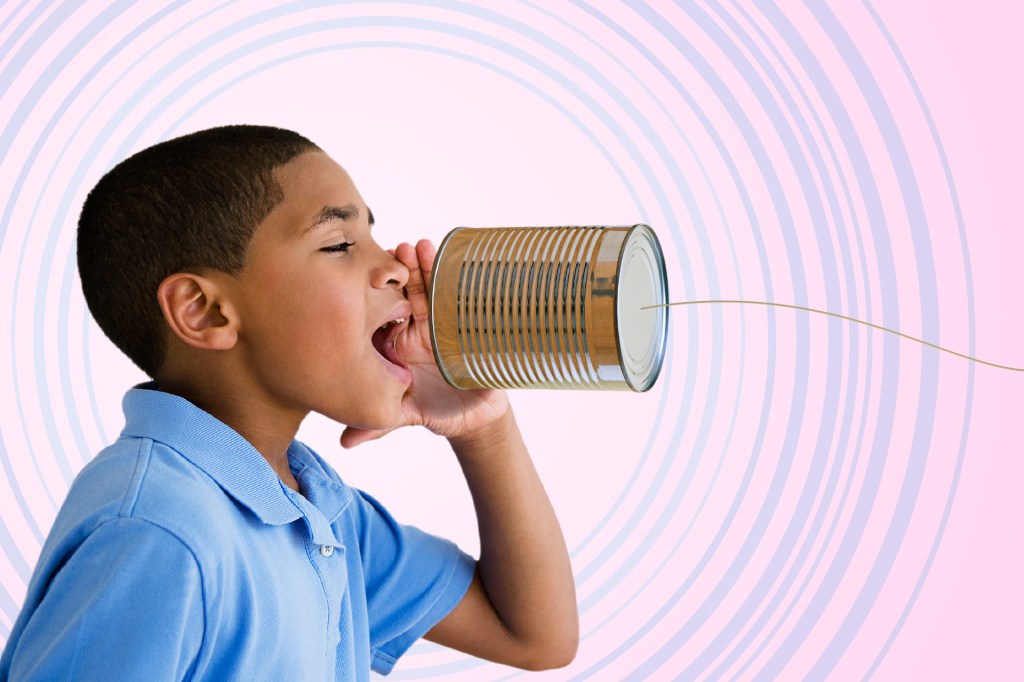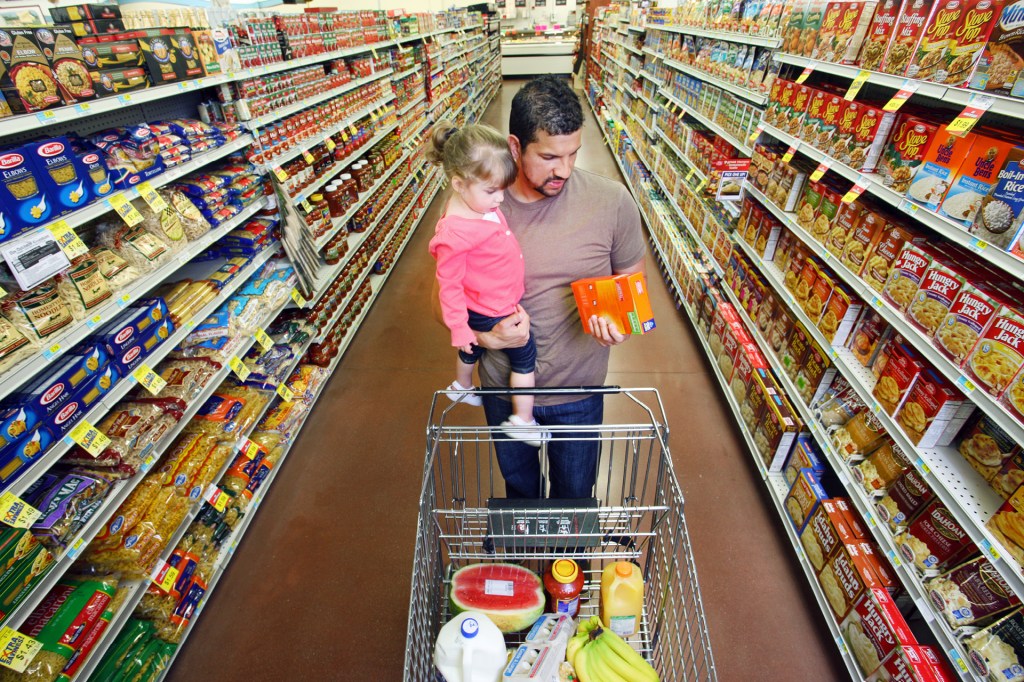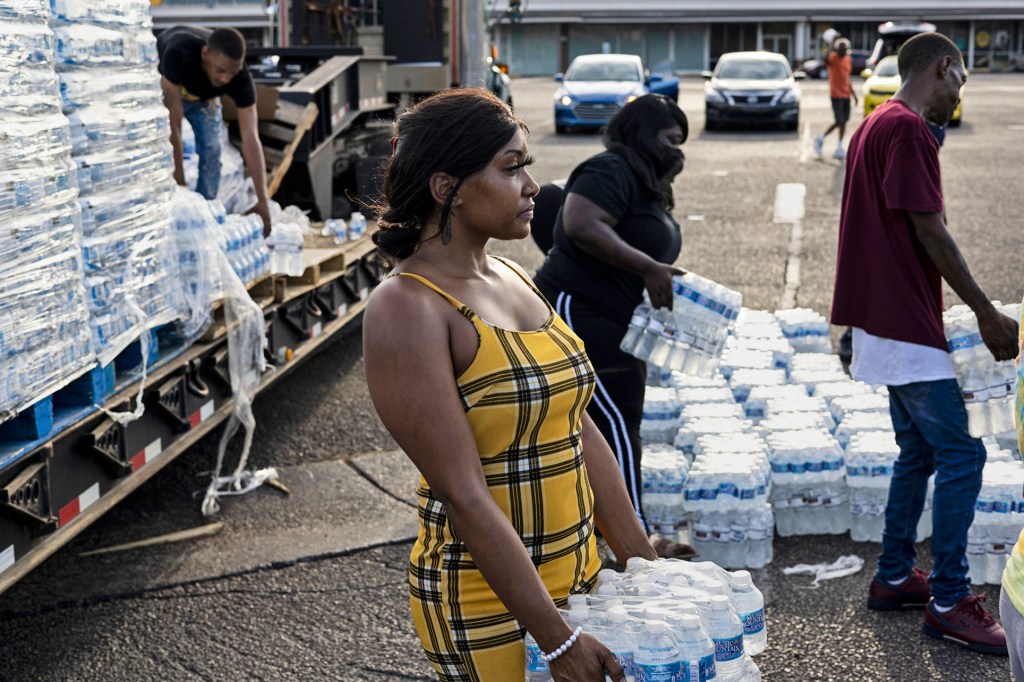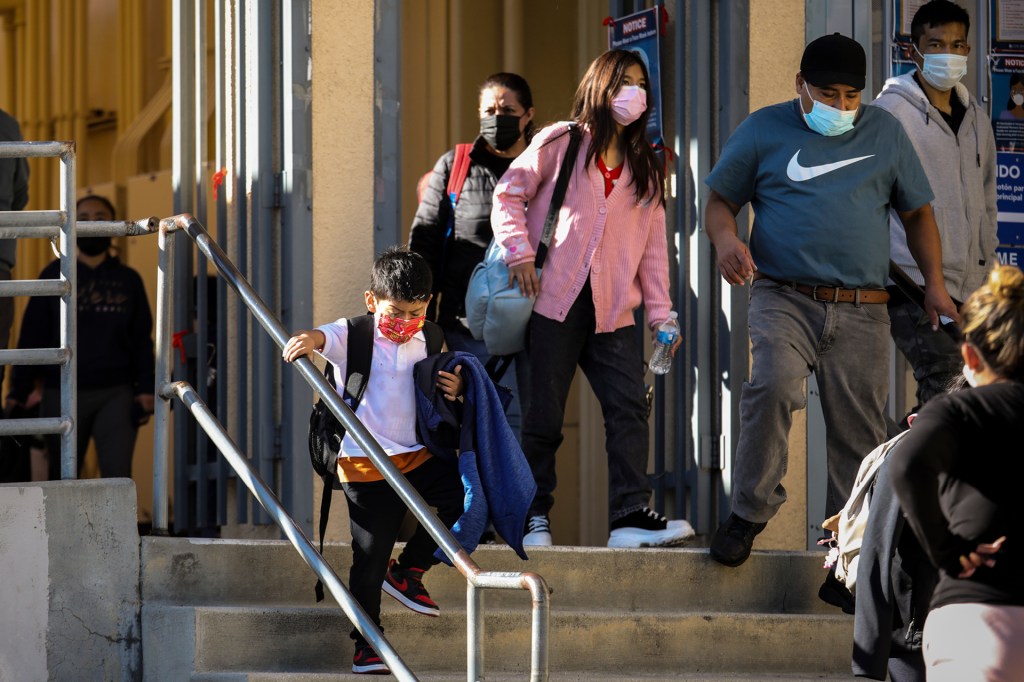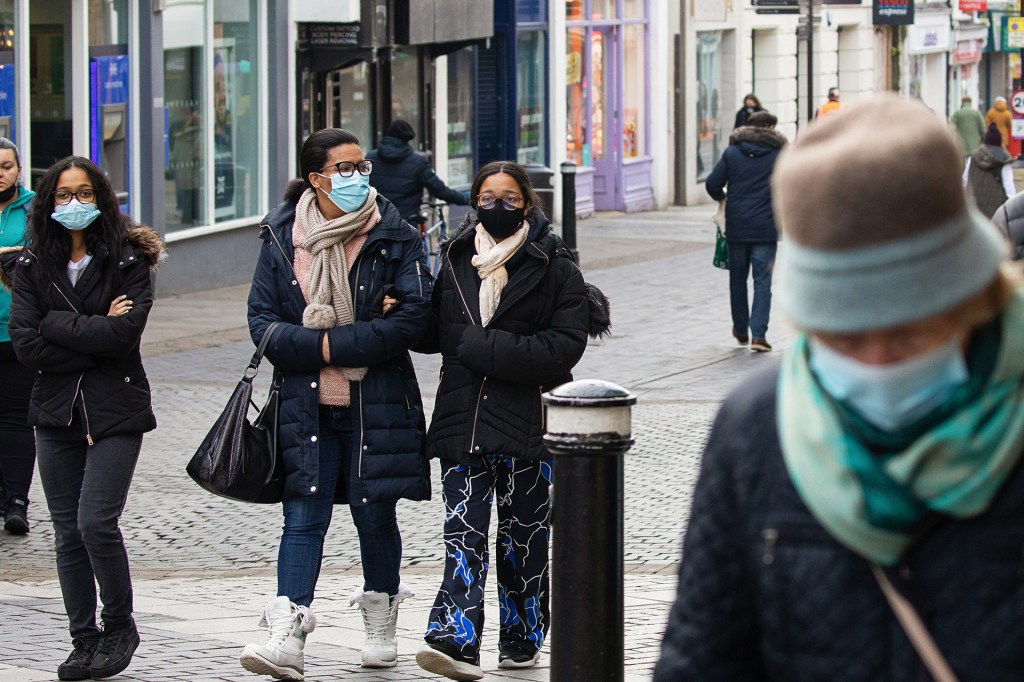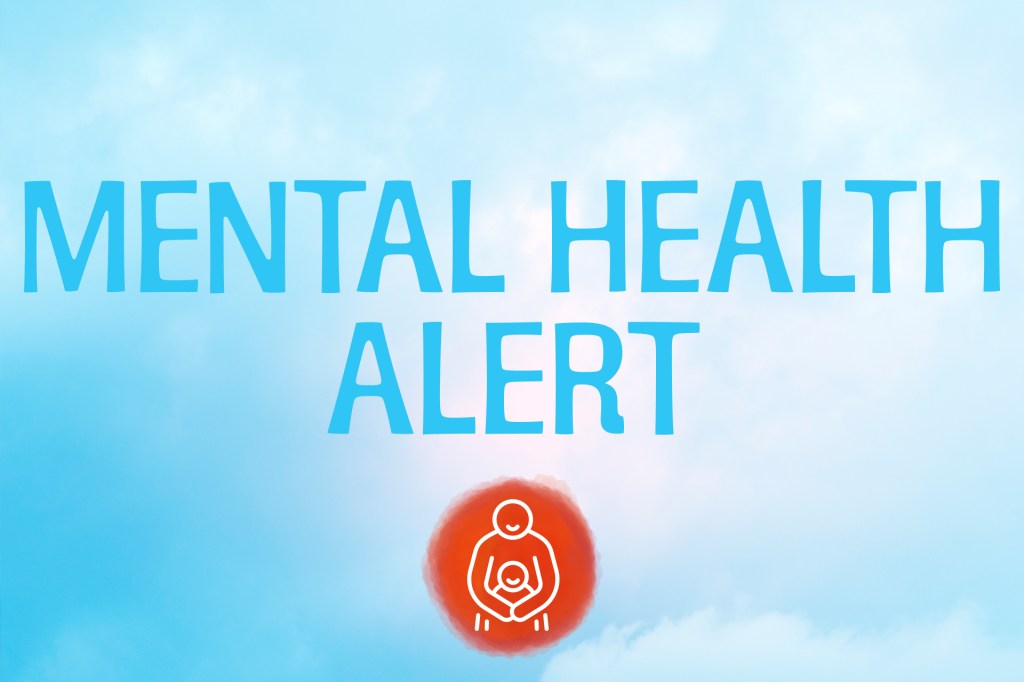
Kids have a lot on their minds. Juggling school, family, activities, and all of the other big parts of life is hard enough. Add to this list a pandemic that’s disrupting schedules and causing continuous uncertainty? It’s a recipe for a mental health crisis.
“When we feel stressed, we get together with friends,” United States surgeon general Vivek Murthy told TFK Kid Reporter Ronak Bhatt. They spoke over Zoom on January 5. “We talk to family members. We go visit people we love. Those things became harder, especially when kids weren’t in school last year.”
Ronak can relate. “The recent rise in Omicron cases is causing stress all over again,” he told Dr. Murthy. “Some schools, mine included, decided to go virtual.”

The surgeon general is the country’s top doctor. In December 2021, Dr. Murthy released an advisory on kids’ mental health. The report is meant to “call people’s attention to an urgent public health problem,” he says. “We focused it on young people in particular because for a long time, even before COVID-19, young people have been struggling with their mental health.”
In It Together
Everyone has a role to play in protecting kids’ mental health. The advisory offers tips for educators, healthcare workers, journalists, and communities. It urges them to come together to support young people. “If we seize this moment, step up for our children and their families in their moment of need, and lead with inclusion, kindness, and respect,” Dr. Murthy writes in his introduction, “we can lay the foundation for a healthier, more resilient
resilient
 TONY ANDERSON—GETTY IMAGES
able to recover from difficulties
(adjective)
Jenae is a resilient athlete who has recovered from several injuries.
, and more fulfilled nation.”
TONY ANDERSON—GETTY IMAGES
able to recover from difficulties
(adjective)
Jenae is a resilient athlete who has recovered from several injuries.
, and more fulfilled nation.”
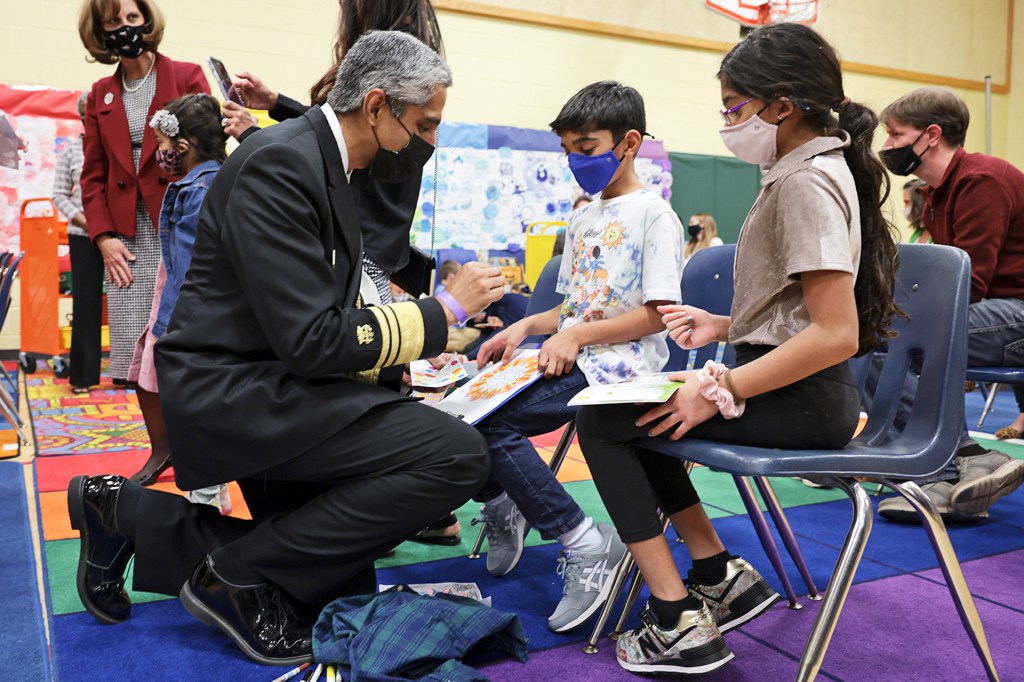
HEALTH LEADER U.S. surgeon general Vivek Murthy meets with kids in McLean, Virginia, on November 8, 2021.
ANNA MONEYMAKER—GETTY IMAGESSome groups have already begun to lay that foundation. In August 2021, the U.S. government announced nearly $85 million in funding. It’s for groups working to provide mental health services for kids. They focus on things like raising awareness, making it easier for kids to get care, and training school staff to help students.
“It’s a great first start,” Amy Knight, president of the Children’s Hospital Association, told National Public Radio. Dr. Warren Ng, of the American Academy of Child and Adolescent Psychiatry
psychiatry
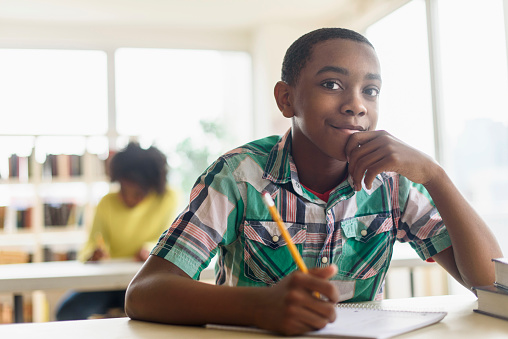 TOM GRILL—JMI/GETTY IMAGES
a type of science that deals with treating mental and emotional disorders
(noun)
Marcus wanted to help people struggling with anxiety, so he chose to study psychiatry.
, added that the funding is “a step in the right direction.” But he noted that “more is definitely needed.”
TOM GRILL—JMI/GETTY IMAGES
a type of science that deals with treating mental and emotional disorders
(noun)
Marcus wanted to help people struggling with anxiety, so he chose to study psychiatry.
, added that the funding is “a step in the right direction.” But he noted that “more is definitely needed.”
Take Care
TIME for Kids often hears from readers who have been dealing with tough emotions. Some report being nervous or uncertain. Others say they’re lonely. “I struggle with anxiety,” a 14-year-old wrote in an email. “The COVID pandemic has made me feel a lot of ways,” said a 10-year-old, “but mostly sad.”
“You can’t always tell from the outside whether somebody is doing well,” Dr. Murthy says. “It’s so important to check in on people and not necessarily assume that they’re doing okay.” The advisory lists ways that kids can help, such as listening to one another.
Most important, remind a friend in need you’re always there to help. “Asking for help is never a sign of weakness,” Dr. Murthy says. “In fact, it’s often a sign of strength.”
Ways to Feel Better
When you’re smack-dab in the middle of a sad day, it can be hard to think of how to cheer yourself up. That’s why it’s a good plan to always have a bunch of feel-better ideas at the ready. TFK Kid Reporter Ronak Bhatt asked U.S. surgeon general Vivek Murthy for his top tips.
1. Pay attention to how you feel. “This might sound like an obvious one,” Dr. Murthy says. “But a lot of times, we can go for a long time feeling sad or worried or stressed and not recognize that.” Take a pause. Check in with yourself. How are you feeling today?
2. Connect with people you love. Reaching out to friends and family can “make a huge difference,” Dr. Murthy says. You don’t have to discuss anything sad or serious if you don’t want to. Just talking or spending time with others can improve your mood and help you feel connected.
3. Talk to a trusted adult. If you’re feeling down, Dr. Murthy suggests confiding in a trusted adult. This might be a family member, a friend, a teacher, or a coach. “A lot of schools have counselors or school nurses you can check in with, as well,” he adds.
4. Find sources of inspiration. Keep a list of things that make you feel good when you read, watch, or listen to them. “We all need a toolbox of things that we can reach for,” Dr. Murthy says. “Poems, songs, books, speeches—whatever it might be for you.”
5. Take care of your body. Eat well, stay hydrated, and get good sleep. Fresh air and exercise help, too. “I found that when I’m physically active, it actually lifts my mood,” Dr. Murthy says. “It also has the benefit of getting my mind off of some of the challenges I have.”
6. Help others. “One of the hidden antidotes to sadness and loneliness is service,” Dr. Murthy says. “When we help other people, not only do we strengthen our [connections]. . . . we also remind ourselves that we have a lot of beauty and value and strength to add to the world.”





